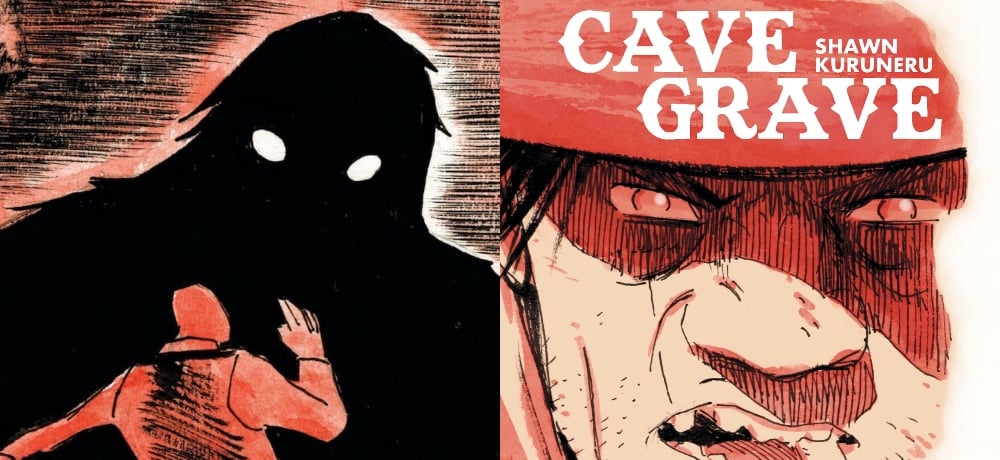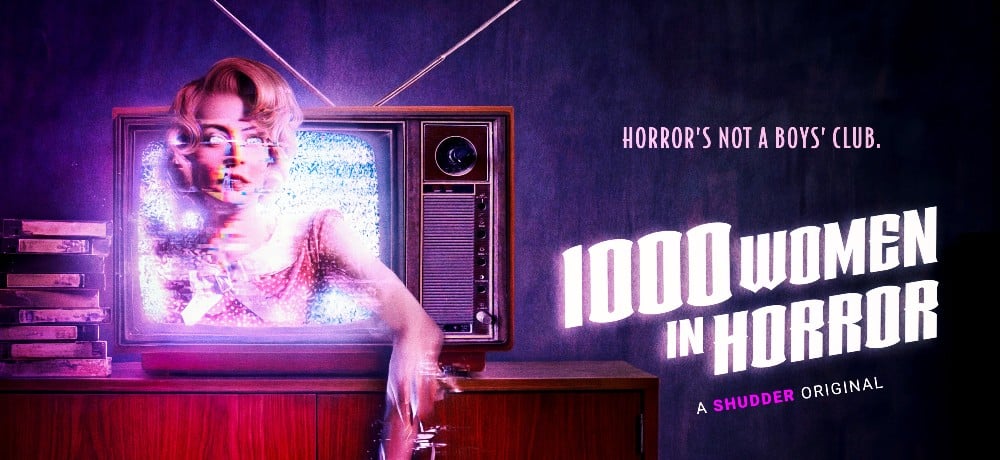





Mad Max: Fury Road starts off going one hundred miles per hour, stops for a few energy drinks, and continues going even faster. Director George Miller, who directed Mad Max and The Road Warrior, and co-directed Mad Max Beyond Thunderdome, crafts one of the most visceral, frenzied, and energetic action movies of the year, if not the last few years. The beating, bursting pulse of this film is the exceptional George Miller, who without much dialog or extensive story, constructs a violent dystopian world that consumes and swallows the viewer, and then promptly asks for seconds.
The location is a harsh post-apocalyptic landscape; the dust that carries in the wind devours remnants of cities long forgotten. The people are broken, ruled by merciless leaders who destroyed humanity with greed and war. Max Rockatansky (Tom Hardy) is a survivor and loner road warrior of few words who is haunted by visions of his deceased family. Max is captured, tortured, turned into a transfusing “blood bag” for other vicious warriors, and forced into a brutal chase lead by a tyrannical leader named Immortan Joe (Hugh Keays-Byrne). The task is to recovery Joe’s five wives who were stolen/saved by a tough-as-nails woman named Imperator Furiosa (Charlize Theron).
George Miller builds an immersive world here, one that doesn’t depend on detailed scenes of exposition or complex character developments. Instead the director utilizes subtle expressions, purposeful gestures, and crafty camera pans and cuts to drive the story forward; a look or movement into a certain direction is sometimes all the story needs to communicate danger, approval, or uncertainty. Whether the smirk and thumbs up from Max during a tense moment on a speeding tanker or Furiosa’s long gaze into a desolate horizon, the audience understands everything that is being said without words. This type of storytelling has the potential to go terribly wrong, especially with the vast amounts of action being thrown at the screen. However, in the brilliant hands of George Miller, the film feels more suited for the art house than the grindhouse. It’s a visionary director bringing the world of his mind onto the silver screen, a seemingly uncompromised film of near flawless execution.
The film takes a linear path, with one clear direction of mayhem in flame throwing, gas guzzling beautifully designed vehicles; one even having the towering amps of a heavy metal concert with a guitar wielding animal attached to the roof. The movement of the story is secondary and it’s very easy to recognize where the group will end up, but the decisions of characters push the film forward, bringing to light themes associated with revenge, reward, and rebellion.
The cast is outstanding as well. Tom Hardy speaks volumes with his subdued actions but, as the film displays during a scene between the two actors, Hardy sits passenger seat to Charlize Theron’s stunning Imperator Furiosa. Theron matches Hardy’s screen presence, even at times overshadowing every other actor on the screen. Bringing back Hugh Keays-Byrne, who played Toecutter in 1979’s Mad Max, was also a nice touch for fans. Nicholas Hoult is good as a crazed wardog Immortan Joe and his wild-eyed portrayal fits the characters kamikaze-like devotion to the rewards of the afterlife.
It’s interesting that a film like this exists in the current summer box office scramble. Mad Max: Fury Road is a hardened, no-holds-barred genre film from the creative mind of George Miller, who exhibits that after thirty years of waiting, the dust that settled on the Mad Max franchise was only waiting to be furiously blown off again.
Movie Score: 4.5/5